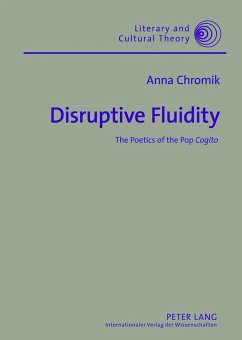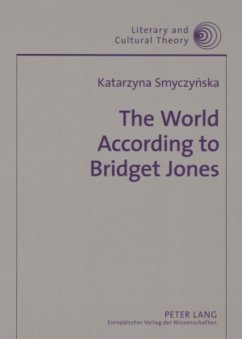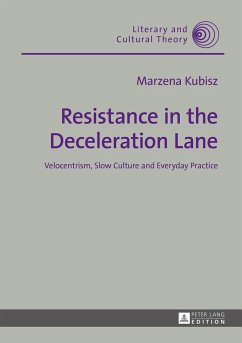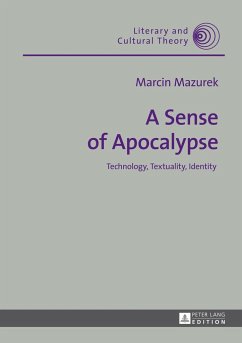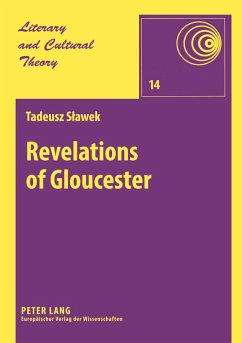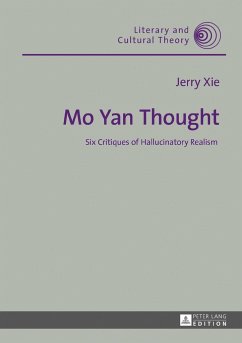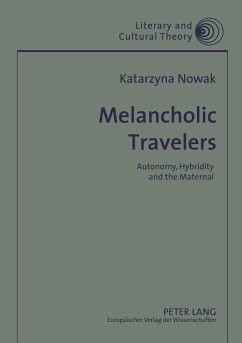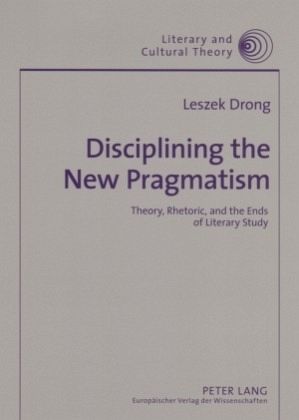
Disciplining the New Pragmatism
Theory, Rhetoric, and the Ends of Literary Study
Versandkostenfrei!
Versandfertig in 6-10 Tagen
77,40 €
inkl. MwSt.

PAYBACK Punkte
0 °P sammeln!
Disciplining the New Pragmatism is both a tribute and a corrective to the neopragmatist perspective in American literary studies. It sets out to give a detailed account of the contemporary pragmatists' views, but it also goes beyond those views to tender a new vision of the discipline of literary studies and to forge a new rhetoric, largely crafted out of tropes borrowed from their writings, which could be of service to literary scholars. Its primary objective is to argue that, despite their claims to the contrary, Richard Rorty, Walter Benn Michaels, Stanley Fish and the other latter-day anti...
Disciplining the New Pragmatism is both a tribute and a corrective to the neopragmatist perspective in American literary studies. It sets out to give a detailed account of the contemporary pragmatists' views, but it also goes beyond those views to tender a new vision of the discipline of literary studies and to forge a new rhetoric, largely crafted out of tropes borrowed from their writings, which could be of service to literary scholars. Its primary objective is to argue that, despite their claims to the contrary, Richard Rorty, Walter Benn Michaels, Stanley Fish and the other latter-day antifoundationalists and neopragmatists make a difference to what is going on in the literature department. Consequently, the author argues that the neopragmatist position may be made far more effective and resonant than the neopragmatists themselves recognise in their writings. To this end, he offers his own category of a neosophistic pragmatism, which serves as an example of what may result from bringing the New Pragmatist insights into a sharper disciplinary focus.



